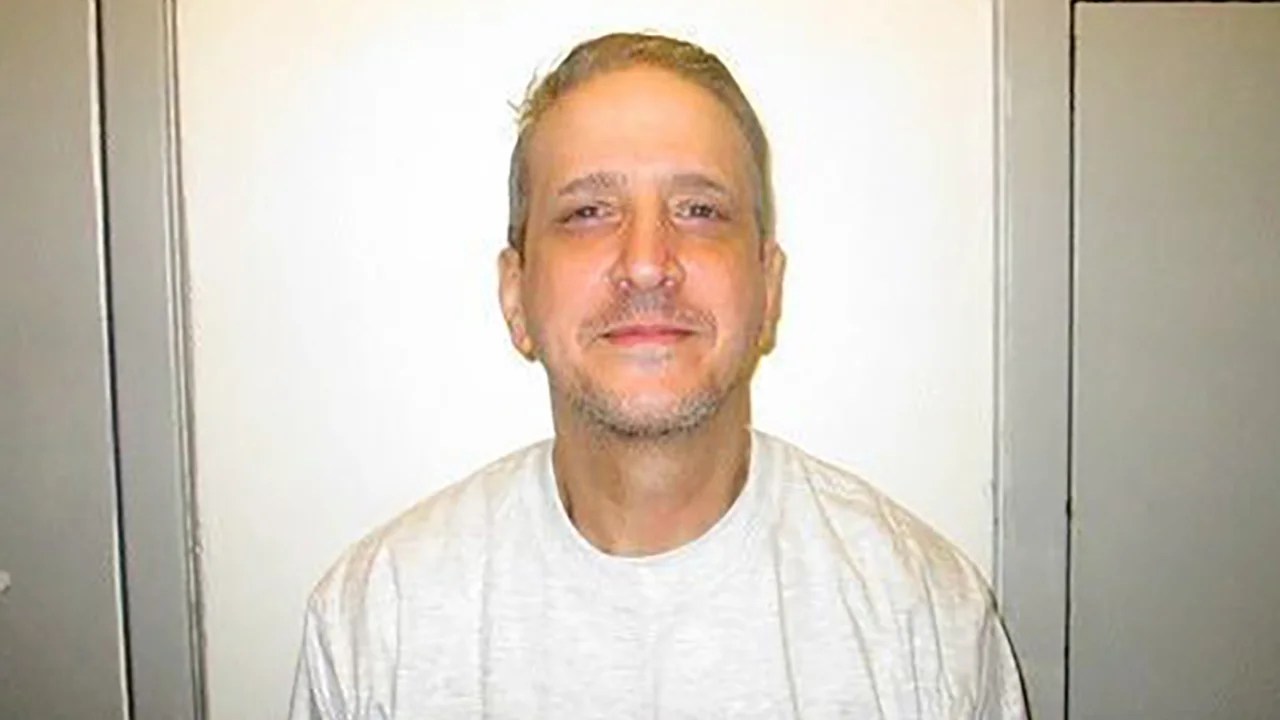
(Trends Wide) — The Supreme Court of the United States on Friday suspended the execution of Richard Glossip, sentenced to death in Oklahoma and whose capital punishment the state attorney general has indicated that he can no longer support.
Glossip brought the latest round of litigation to the Supreme Court, with the support of the Oklahoma Attorney General’s Office, who asked that his scheduled May 18 execution be quashed.
The emergency suspension will be maintained while the judges evaluate the request to formally take the case in court.
There were no notable dissents to the order of this Friday. Judge Neil Gorsuch was not involved in the decision.
Glossip has maintained his innocence for decades. In 1998 he was sentenced to death for the murder of his boss.
A review by the Oklahoma Republican attorney general found that prosecutors failed to disclose to Glossip evidence they were required to present. Also that the evidence showed that the key witness for the Prosecution, the alleged accomplice of Glossip who committed the murder, had given false testimony.
Despite Oklahoma’s claims that it could no longer uphold the death sentence against Glossip, the state Court of Criminal Appeals denied Glossip’s request to stop his execution.
In documents filed with the Supreme Court, Glossip’s lawyers argued that, in addition to the obviously irreparable damage it would suffer if the execution goes ahead, Oklahoma “will also suffer the damage of its Department of Prisons executing a person the State has come to the conclusion that she should never have been convicted of murder, much less sentenced to death, in the first place.”
Glossip’s case has already been argued in the Supreme Court, including in a high-profile case judges heard in 2015 that he and other death row inmates submitted to the lethal injection protocol used in executions.
In that case, the court’s conservative majority rejected claims by inmates that the lethal drug lineup, which had come under scrutiny after several botched executions, violated the Eighth Amendment’s ban on cruel and unusual punishment.
On several occasions, Glossip has narrowly avoided his execution, including months after the 2015 Supreme Court ruling, when the execution was stayed at the last minute by state authorities due to doubts about the drugs they planned to use.




